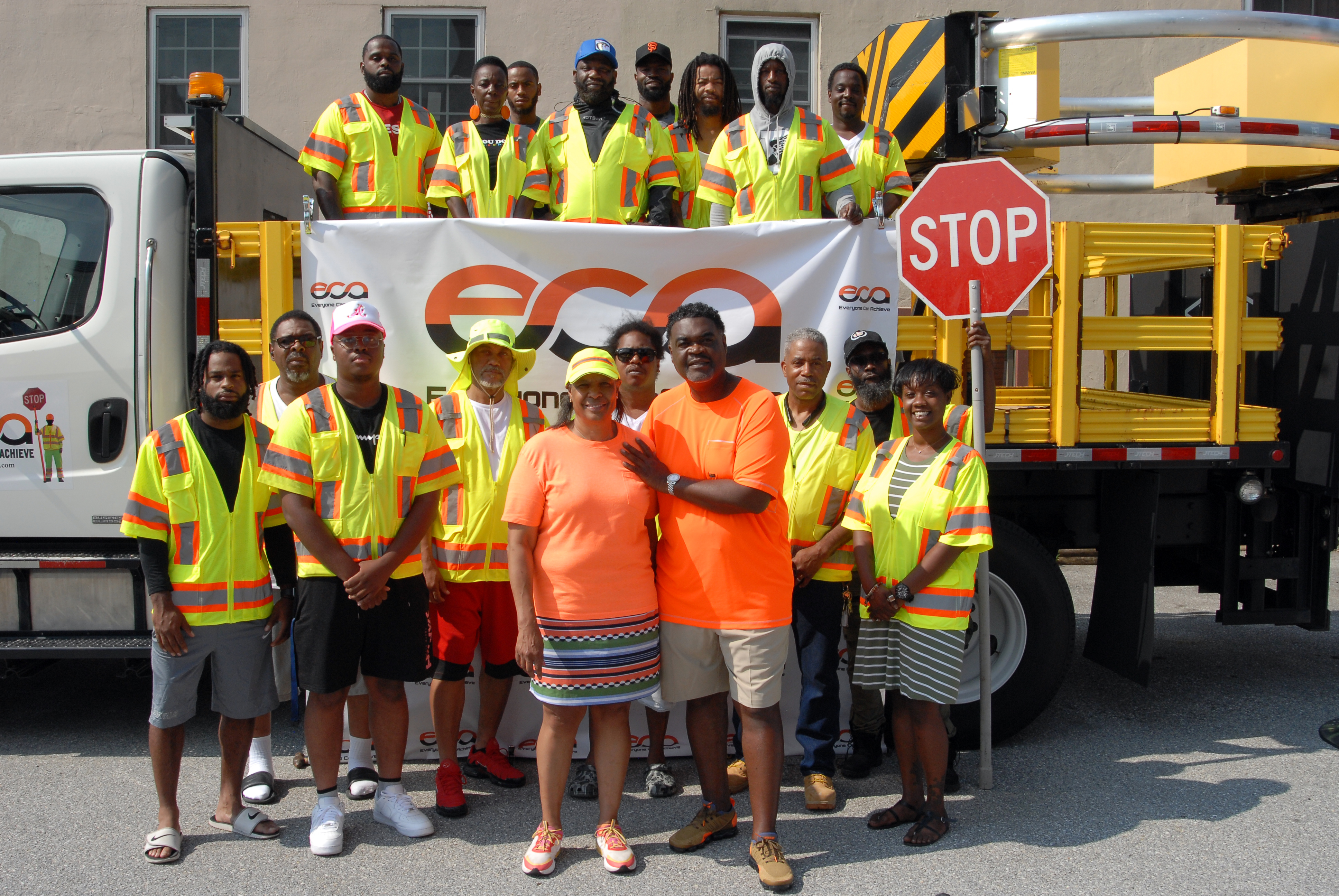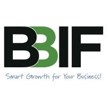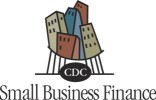Small Business Programs
We build funds to support the big dreams of small businesses
Addressing credit gaps across the US
In collaboration with our partners, we have structured several small business recovery funds to support community-based businesses across the US. These programs bring together state and local governments, banks, corporations, foundations, and Community Development Financial Institutions (CDFIs) to scale affordable lending. Throughout the pandemic, CDFIs have been a financial lifeline for small businesses and nonprofits, especially those owned by people of color and women or that operate in low-income communities. The recovery funds provide crucial financing to small businesses.
Access to affordable credit is key to creating an inclusive, diverse, and more equitable economy.
To learn more, click on the individual fund pages below. In addition to the recovery funds launched in response to the pandemic, Calvert Impact is the sponsor and lead servicer for several Loan Participation Programs launched pursuant to the State Small Business Credit Initiative. Calvert Impact’s model simplifies fund deployment for states and their community lenders and builds on the successful implementation of our recovery fund structure to reach and deploy capital to small business owners.
Southern Opportunity and Resilience (SOAR) Fund
 Earl Cooper, owner and founder of Everyone Can Achieve (ECA), is using his recovery loan to grow his business, with the goal of purchasing additional vehicles to transport employees to job sites. Earl employs 14 full-time and 41 part-time employees.
Earl Cooper, owner and founder of Everyone Can Achieve (ECA), is using his recovery loan to grow his business, with the goal of purchasing additional vehicles to transport employees to job sites. Earl employs 14 full-time and 41 part-time employees.





























